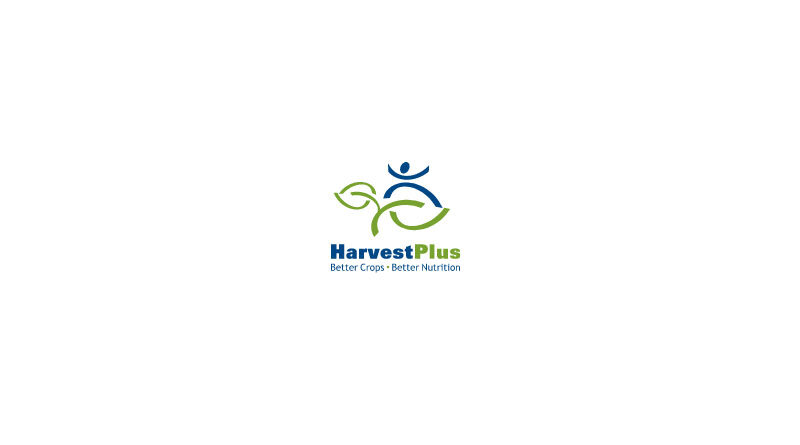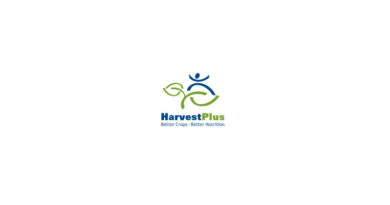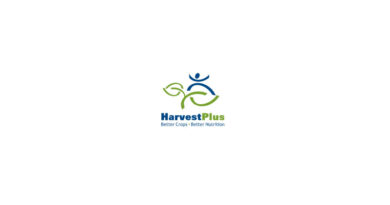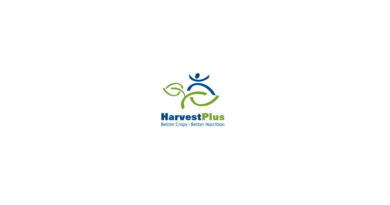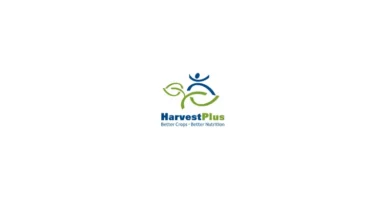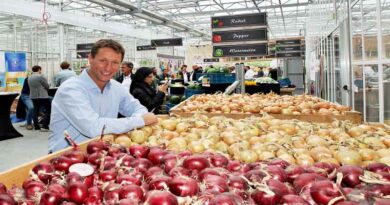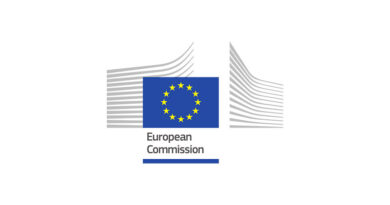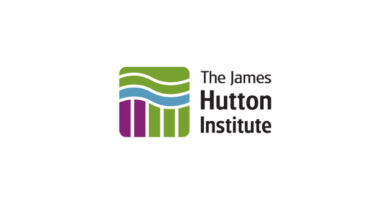HarvestPlus Partners with Indonesia Govt. to Scale Up Zinc-Biofortified Rice
31 July 2021, Indonesia: HarvestPlus is working with the Indonesian government to scale up equitable and cost-effective access to nutritious zinc-biofortified rice in the southeast Asian nation. The government’s target for 2021 is to have zinc rice planted on 100,000 hectares (ha) of farmland, primarily in provinces that show the highest rates of childhood stunting, and then increase the planting area in subsequent years.
The promotion of zinc rice is part of the government’s strategy to address the effects of widespread malnutrition—particularly stunting. In 2018, close to 3 in every 10 children under five years of age in Indonesia were stunted.
Also Read: UPL Ltd Q1FY22 Net Profit rises 23% to Rs. 678 crore
Several risk factors influence stunting, including maternal knowledge about nutrition, socio-economic background, genetics, and inadequacy of minerals in the diet, especially iron and zinc. The lack of zinc consumption during the formative years of life is a significant contributor. For example, a research study in Kejawan Putih Tambak Surabaya, Indonesia, on stunted and non-stunted infants concluded that toddlers with inadequate zinc levels were at risk of a nearly eight times greater level of stunting than children with adequate zinc levels. https://www.youtube.com/embed/d2DdrKWGOUU
Zinc also plays a key role in building healthy immune systems, which are the body’s first line of defense against infection. There is also a growing body of evidence that shows the effectiveness of zinc in helping to combat COVID-19. For example, a Spanish study shows that after adjusting for age, sex, illness severity, and treatments, every unit increase of zinc in the blood was associated with a 7 percent lower likelihood of dying for people infected with COVID-19.
HarvestPlus-BAPPENAS Partnership
HarvestPlus, which is part of the CGIAR global agricultural research partnership, is actively engaging with Indonesian government partners and actors along the value chain to design a roadmap for introducing zinc rice to producers and consumers. The Ministry of National Development Planning of the Republic of Indonesia (BAPPENAS) is HarvestPlus’ primary partner in the early scaling process.
Anang Noegroho, director of Food and Agriculture at BAPPENAS, highlighted Indonesia’s growing malnutrition challenges in a recent webinar on the role of fortification and biofortification in the country.
“Our recent survey data also show a deficiency of nutrients, especially among pregnant mothers. Thus, to best combat these nutritional challenges, the government is trying to preserve the safety and quality of the food produced, through biofortification. As per its National Program Priority, the government has listed food fortification and biofortification as their first and foremost priority,” Noegroho said.
HarvestPlus has been working with the Indonesian Center for Rice Research (ICRR) since 2008 to breed rice varieties with enhanced zinc concentration aimed at improving the health of women and children. The IR NutriZinc variety was bred collaboratively with support from the International Rice Research Institute (IRRI), and adapted to Indonesian farmers’ agronomic requirements as well as consumer preferences.
Howarth “Howdy” Bouis, the founding director of HarvestPlus and a 2016 World Food Prize laureate, said during the same webinar that NutriZinc “has close to 50 percent more zinc as measured in the rice than current Indonesian rice varieties. More and better candidates with higher zinc levels are still in the breeding pipeline.” He added that NutriZinc has favorable agronomic characteristics such as comparable yield, improved insect and disease resistance, and an attractive plant type.
Developing zinc rice
The HarvestPlus-ICRR partnership seeks to accelerate the rollout of the first zinc rice variety, with the objective of building available resources to support expansion of planting area to a total of 250,000 ha by 2023. ICRR has now established a breeding program for zinc rice biofortification using conventional (non-GM) methods. More than 250 rice varieties that could potentially be bred for more micronutrients were evaluated in 2020.
So far, after the success of initial trials of the IR NutriZinc Rice variety, HarvestPlus, in coordination with ICRR, has developed a product development plan for the next generation of varieties. A three-year seed production plan has also been developed under a tentative investment scenario for zinc rice, which can easily be extended to a five-year plan if sufficient funding is identified.
Seed production for scale up
In 2020, IR NutriZinc was planted across nine Indonesian provinces with the highest incidence of stunting including:Banyumas, Sukamandi, Soppeng (South Sulawesi), Bone Bolango (Gorontalo Province), Malang (East Java), Kupang (East Nusatenggara), Kapuas (Central Kalimantan), East Nusa Tenggara, and Aceh Besar (Aceh).
The Regent of Banyumas, Achmad Husein, when providing seed assistance to farmers, hopes that the assistance of Inpari IR NutriZinc rice seeds will not only increase the productivity of the harvest given the potential yield is quite high, but also reduce the stunting rate in Banyumas. “One of the problems Banyumas still faces is the high number of stunting cases,” he said. “The rice seeds of the Inpari NutriZinc variety will be given to 20 farmer groups in the village where the prevalence rate of stunting is more than 20 percent,” he said.
The production of IR seed is under way by various institutions, with 30 metric tons (MT) of certified seed already produced. This seed is being harvested and redistributed to small-scale farmers who are part of the seed subsidy program. While some SMEs are involved in the production of the 30 MT of seed, there is also involvement from seed companies as well as the government parastatal (PT Pertani). The Indonesian Agency for Agricultural Research and Development (IAARD) of the Ministry of Agriculture is responsible for producing the source seed. It is currently investing in the production of zinc rice seed.
ICRR and the Assessment Institute for Agricultural Technology (AIAT) are the two leading implementing institutes under IAARD.
- The ICRR produces the biofortified source seed (breeder seed, foundation seed, stock seed) for AIAT centers and other local seed producers.
- The AIAT centers in all the provinces then further multiply the source seed (foundation seed, stock seed, and extension seed) to anticipate the need in these provinces.
Other local seed producers (such as PT Pertani) also participate in IR NutriZinc’s production and are positioned to expand seed production to wider areas. Moreover, the local governments in the nine target provinces have assigned farmer groups to plant the IR NutriZinc seed. In 2021 these farmer groups will be growing IR NutriZinc.
”We have 3 tons of Inpari NutriZinc stocks from the Sukamandi Seed Center. We will distribute these seeds to farmers so that they can plant these rice seeds in the next planting season,” said the Head of the Banyumas Agriculture and KP Office, Jaka Budi Santoso.
According to Santoso, the high zinc element found in this variety of rice can overcome the problem of zinc deficiency in toddlers which causes stunting cases. “The zinc content in rice with rice varieties will increase nutritional intake for toddlers,” he said. “The texture of the rice produced is also classified as fluffier with an amylose content of 16.60 percent, so it is liked by the public. Farmers will also be happy to plant this variety, because the potential yield is quite high, it can reach 9.98 tonnes/hectare with an average yield of 6.21 tonnes /hectare, ” he added.
What’s next for zinc rice in Indonesia?
HarvestPlus is committed to supporting Indonesia’s nutrition goals by scaling up zinc rice. HarvestPlus and its implementing partners in Indonesia are partnering with more institutions on the ground such as BAPPENAS, IAARD, ICRR, PT Pertani, NGO’s, seed companies, IFI’s to expand access to nutritious crops in Indonesia.
Zinc is essential to more than 200 enzyme systems, normal growth and development, the maintenance of body tissues, reproductive health, vision, and the immune system. Zinc is vital for survival, meaning a deficiency has serious consequences for health, particularly during childhood when zinc requirements are increased. In addition, zinc deficiency can cause stunting and increase the risk of common childhood infections including diarrhea, pneumonia, and possibly malaria.
The importance of including NutriZinc rice in the diets of Indonesians cannot be overstated. Its availability in the malnourished provinces of Indonesia, facilitated by HarvestPlus and its partners, will alleviate some of the disease burden resulting from hidden hunger.

